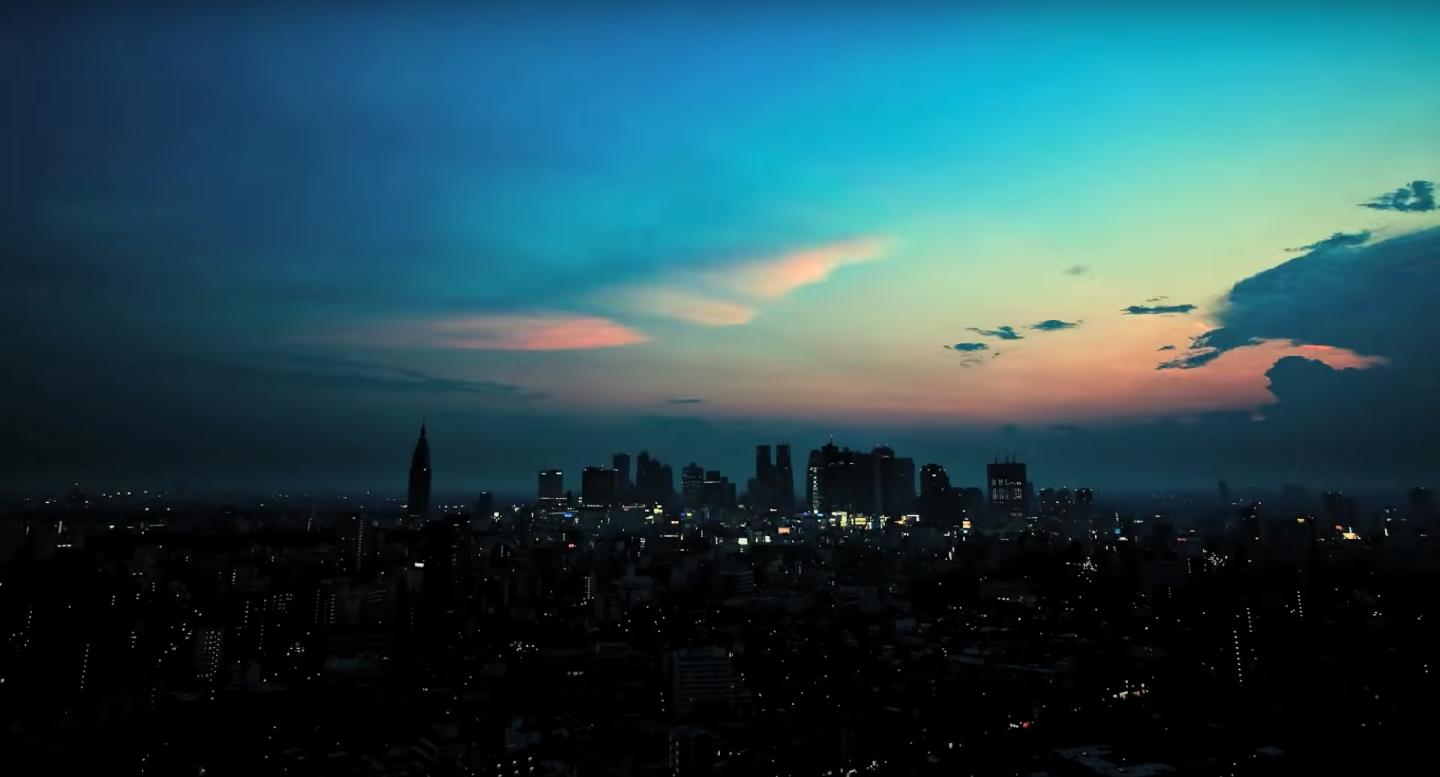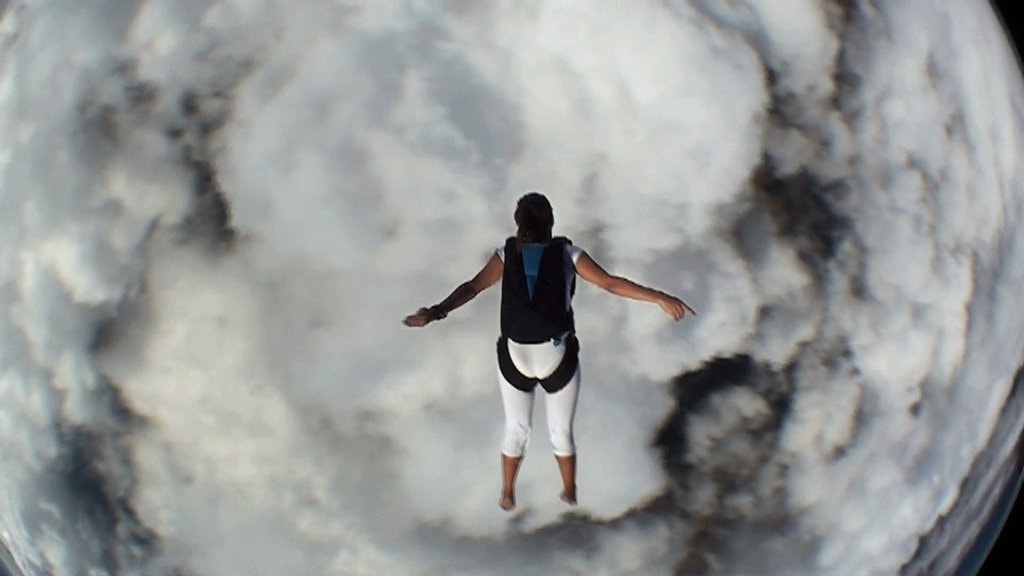
Festivals 2020: online edition
Although it doesn’t compare it the loss of lives, the arts and entertainment industry is also taking a big hit due to the coronavirus. Once meetings of more than 100 people were banned, festivals, concerts and conferences were cancelled or postponed all over the world. Even the grander Cannes and Tribeca film festivals have been postponed, and documentary festivals are no different. At Verzió, we have cancelled our Re:Verzio events, and are lucky that our main festival isn’t until November. IndieWire is constantly updating a list of cancellations. Tel Aviv’s Docaviv, Toronto’s Hot Docs and many others have been postponed. In a very short period of time, an already vulnerable arts industry has seen many losses.
But there is still room for hope. These changes call for creative solutions and there are many to be found. One way that festivals are dealing with the inability to meet in real life is to shift to online events. The first festival to take this leap was the Danish docfest CPH:DOX. In an interview with Business Doc Europe, the Head of Industry, Katrine Kiilgaard said: “It was too painful to see it all go down the drain, all the preparation, all of everything, and so we took a crazy decision to try and put it online. We are of course inventing that model as we go, learning and testing and developing, and crossing our fingers in the process.” There were many aspects to take into consideration with this transformation: extra communication, different time zones and replacing face-to-face meetings with one-on-one virtual meetings. Themes were installed per day and the program had to be cut short. According to Kiilgaard, the industry’s engagement has been amazing: “The support we have received in turning things around at such a short notice has been overwhelming. Everybody is handling this courageously.”
Following the 11 March announcement cancelling the original event due to concerns over coronavirus, CPH:DOX launched their festival online on 19 March via an online festival platform called Festival Scope. Over the past weeks, many festivals have joined this platform and increased its content. Visions du Réel continues online with many free screenings. One World Prague, which some of our Verzió colleagues attended, closed early but continued to screen several films online. MoviesThatMatter has changed to online viewing through the website Picl. More and more festivals are finding temporary solutions that will allow them to continue their work during these unpredictable times. This comes with complications regarding accessibility, for example, due to geo blocking (limited access to films in certain geographical locations) or policies that prevent films from being screened online. Seed&Spark has started a 2020 Film Festival Survival Pledge designed “to build a groundswell of commitment from industry leaders to temporarily waive policies that are hurting the independent film ecosystem,” this includes lifting rules that disqualify films previously available online from screening at festivals.

Will the industry “make it”?
This digital turn raises questions about the future of festivals. Will film festivals be overtaken by online events? Most people agree that film festivals will remain relevant considering their importance for press, buyers, networking, pitching new projects and discovering hidden gems that could be lost online. Christopher Campbell of Film School Rejects says: “This isn't necessarily the future of film festivals, but it's a great opportunity for them to continue in times like these. (…) Once allowed to, fans are going to want the real deal again, so there’s no way this is the future of film festivals, just a temporary substitute.”
It’s a difficult time for the industry, but it is resilient. This isn’t the first time that cinemas have had to close. It happened before with the Spanish Flu and WWII. During World War II cinema became quite popular in the UK as the British government saw it as a tool for the public’s well-being. “Cinema was a site for community activity [and] raising money for charity, [as well as a way for those abroad] to make contact with those at home,” says film historian Lawrence Napper in an article with the BBC. Let’s hope that cinema’s around the globe can open their doors sooner than later to receive movie fans again. In a LA Times article, film critic Justin Chang states, "I suspect that more than a few people will return to them with a vengeance, eager to re-embrace a social and cinematic pastime that they find they’ve undervalued in the past.”
Finding creative solutions
Despite film festivals and film productions, the making of many documentary films has been put on hold. Although they generally work in smaller crews, documentary directors may deal with the withdrawal of funding, inability to travel or subjects (understandably) no longer responding due to other priorities. However, they may also find creative solutions for new stories. After all, as director and producer Alex Gibney reminds us, “We’re in a slightly different position than many businesses in the sense that part of our mission is to observe.” In an interview with Deadline, director Laura Nix said: “I’m having several conversations with people about developing short films about what life is like during the quarantine. There’s a lot of interest about documenting this moment.”
 In a time where most of the world is on lockdown, people are connected through the internet, sharing videos, voice messages and texts. In Budapest, citizens in district 8 have been invited to document their lives at home. Bertha Dochouse created a competition asking for creative responses to self-isolation. These stories of life in the pandemic will become history, marking a time when there was not only fear, but also joy. It reminds me of Life in a Day, a documentary directed by Kevin Macdonald and produced by Ridley Scott. A request was sent online asking people for footage of what happened to them on 24 July 2010 in order to visualize what happened around the world on this specific day. Participants were asked three questions: “What makes you frightened”, “What do you love” and “What makes you laugh”. Additionally, people were asked to film the contents of their pockets. Macdonald received 80,000 submissions and 4,500 hours of footage from 192 countries. The result is a beautifully depicted story of humanity and connection: a portrait of the world in one day. Surely, this unusual time will produce other such creative projects.
In a time where most of the world is on lockdown, people are connected through the internet, sharing videos, voice messages and texts. In Budapest, citizens in district 8 have been invited to document their lives at home. Bertha Dochouse created a competition asking for creative responses to self-isolation. These stories of life in the pandemic will become history, marking a time when there was not only fear, but also joy. It reminds me of Life in a Day, a documentary directed by Kevin Macdonald and produced by Ridley Scott. A request was sent online asking people for footage of what happened to them on 24 July 2010 in order to visualize what happened around the world on this specific day. Participants were asked three questions: “What makes you frightened”, “What do you love” and “What makes you laugh”. Additionally, people were asked to film the contents of their pockets. Macdonald received 80,000 submissions and 4,500 hours of footage from 192 countries. The result is a beautifully depicted story of humanity and connection: a portrait of the world in one day. Surely, this unusual time will produce other such creative projects.
Have you ever felt more a part of a global community?
Although not visiting friends and family has become an act of love, and hugs and kisses have been postponed, communities are forming to share positive messages of hope and love. Have you ever felt more a part of a global community than now? We believe in the power of stories to connect, to give hope and to embrace the globalization of our communities. Let’s meet at the next festivals, when their doors are open and we can great with an embrace. Until then: stay safe, stay healthy, stay inside and enjoy some films.
Marit van der Heijden
09/04/2020